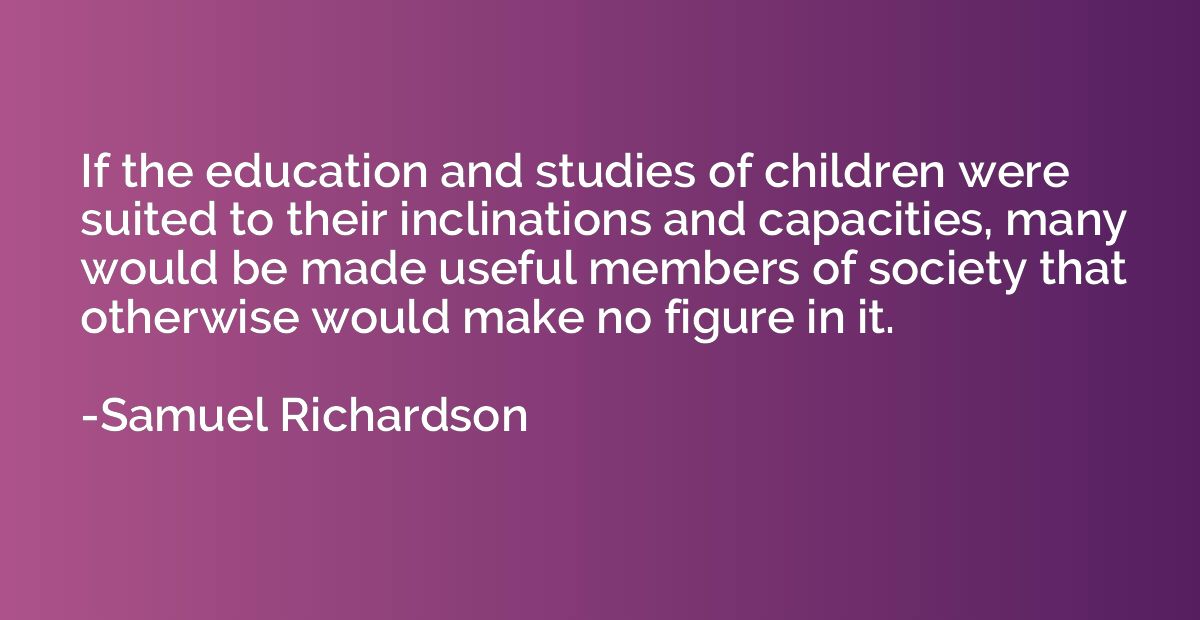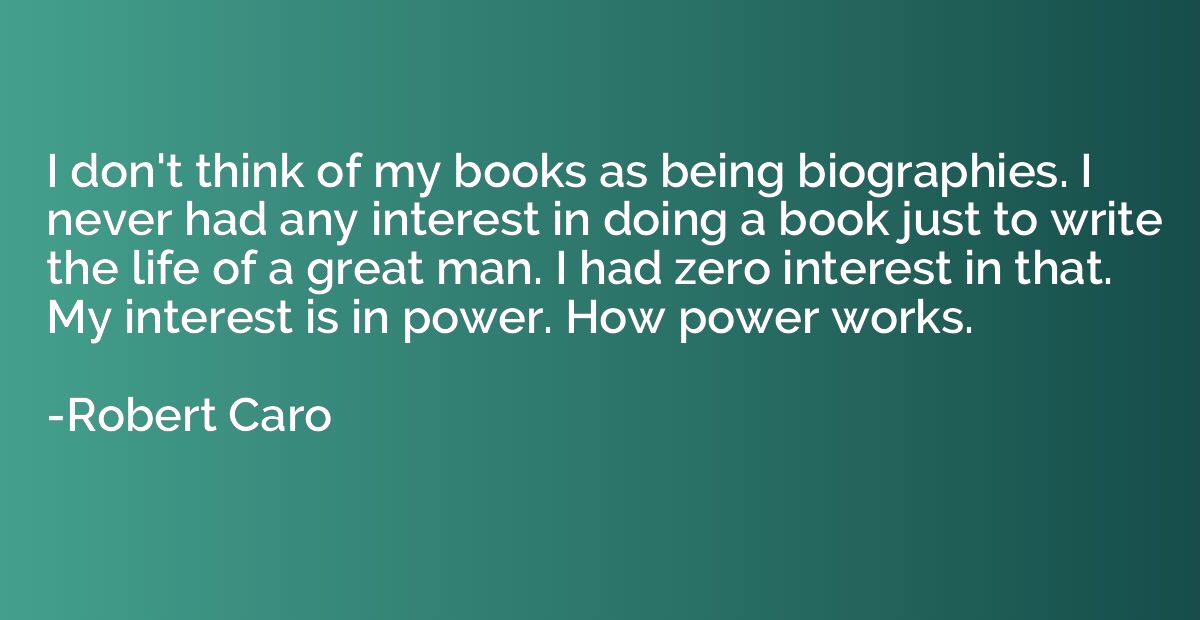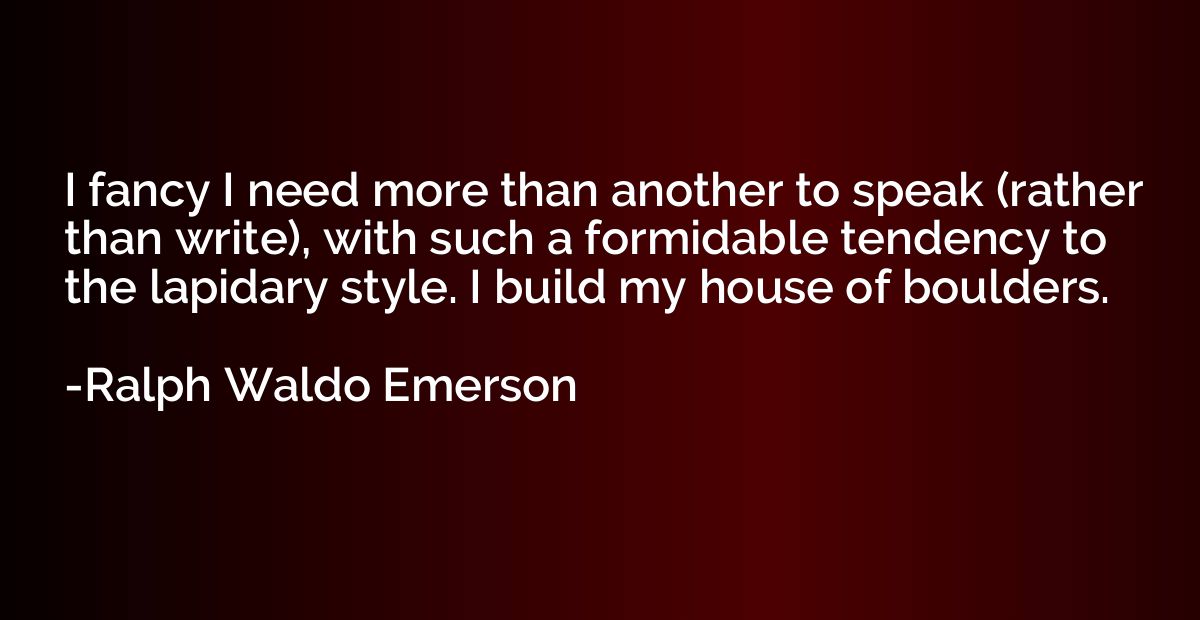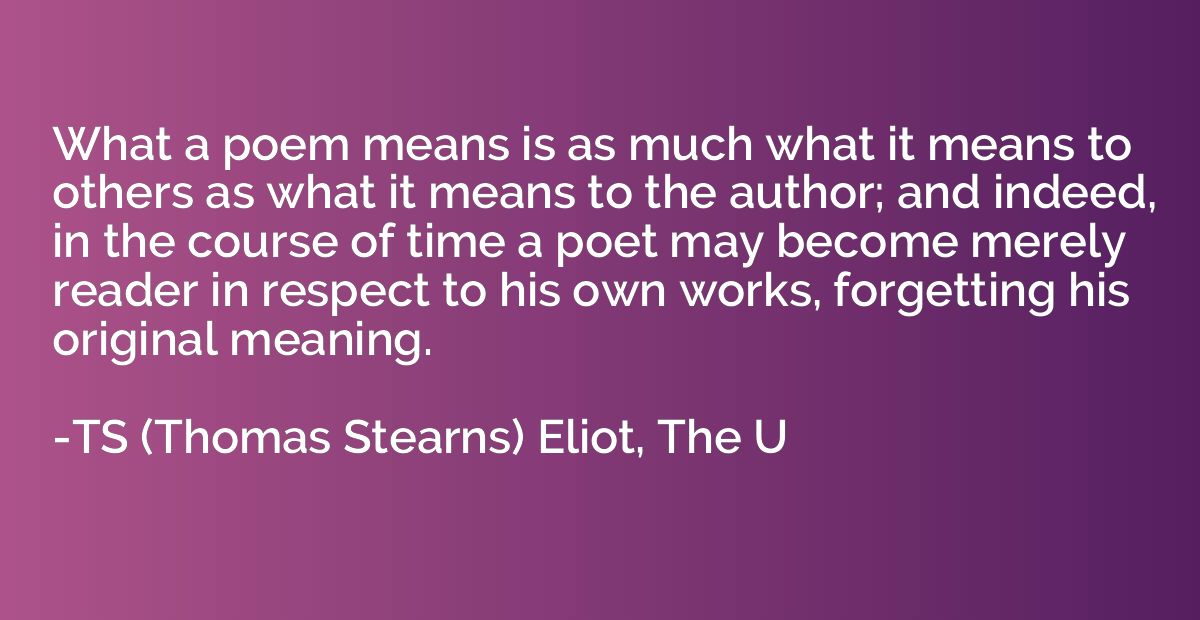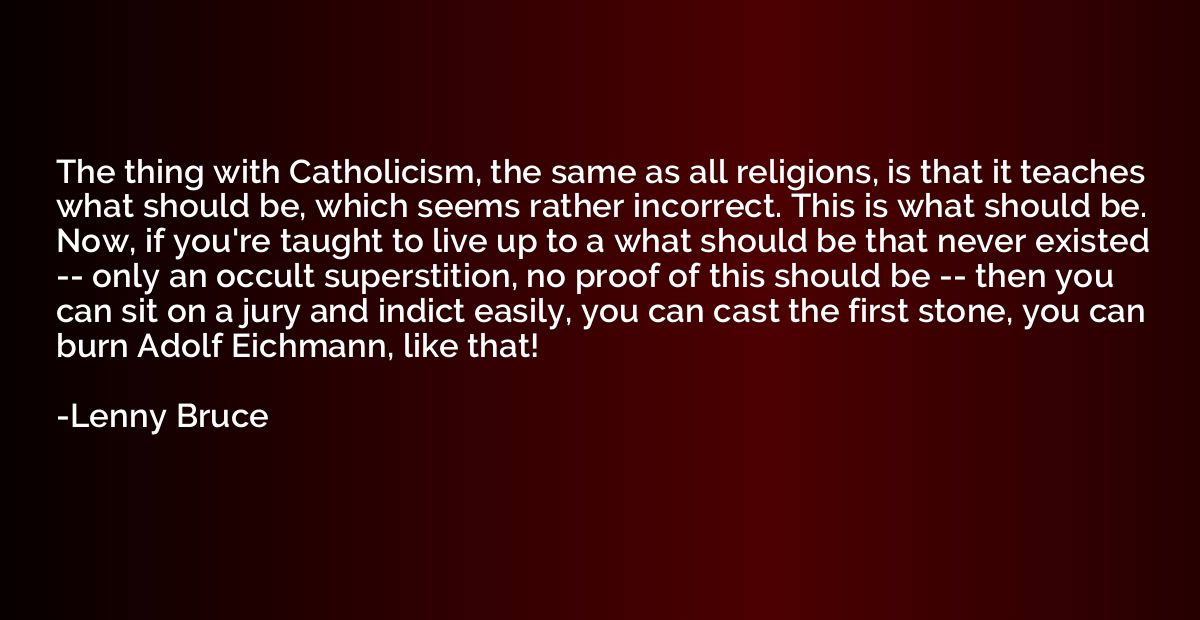Quote by Claude M. Bristol
Every person is the creation of himself, the image of his own thinking and believing. As individuals think and believe, so they are.
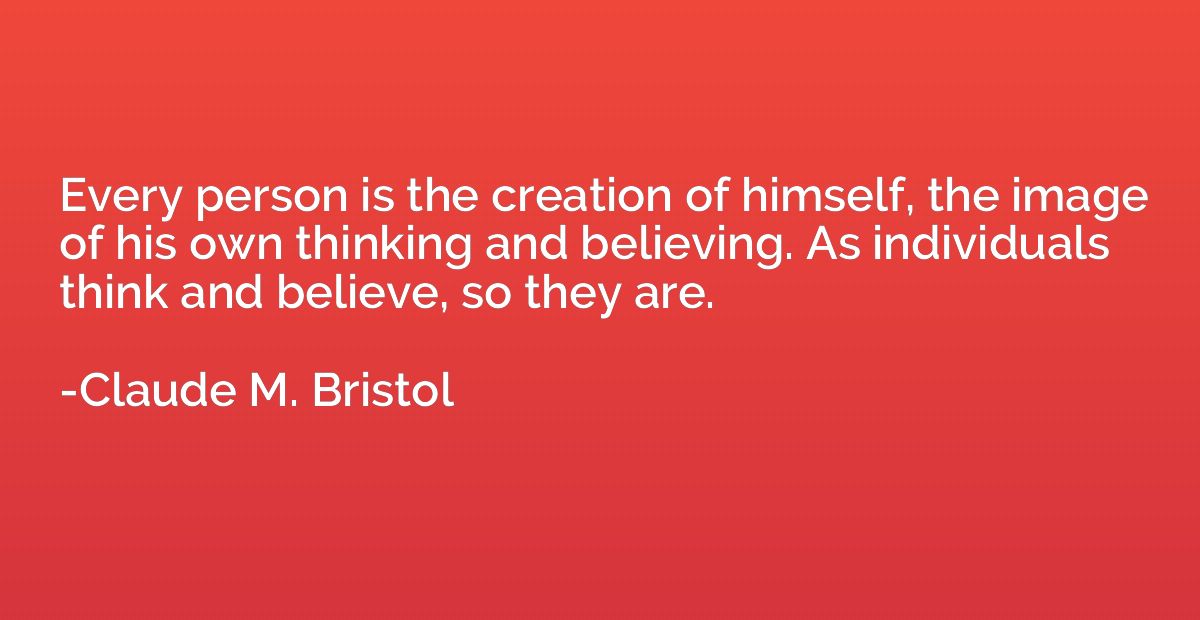
Summary
This quote emphasizes the power of individual agency and self-creation. It suggests that people are the product of their own thoughts and beliefs. One's perception of oneself and the world is shaped by their thinking and believing patterns. In other words, our mindset and beliefs play a significant role in shaping our identity and how we show up in the world. By recognizing our own thinking and beliefs, we can become conscious creators of ourselves and strive to develop a positive and empowering mindset to shape our reality.



